Optimise+
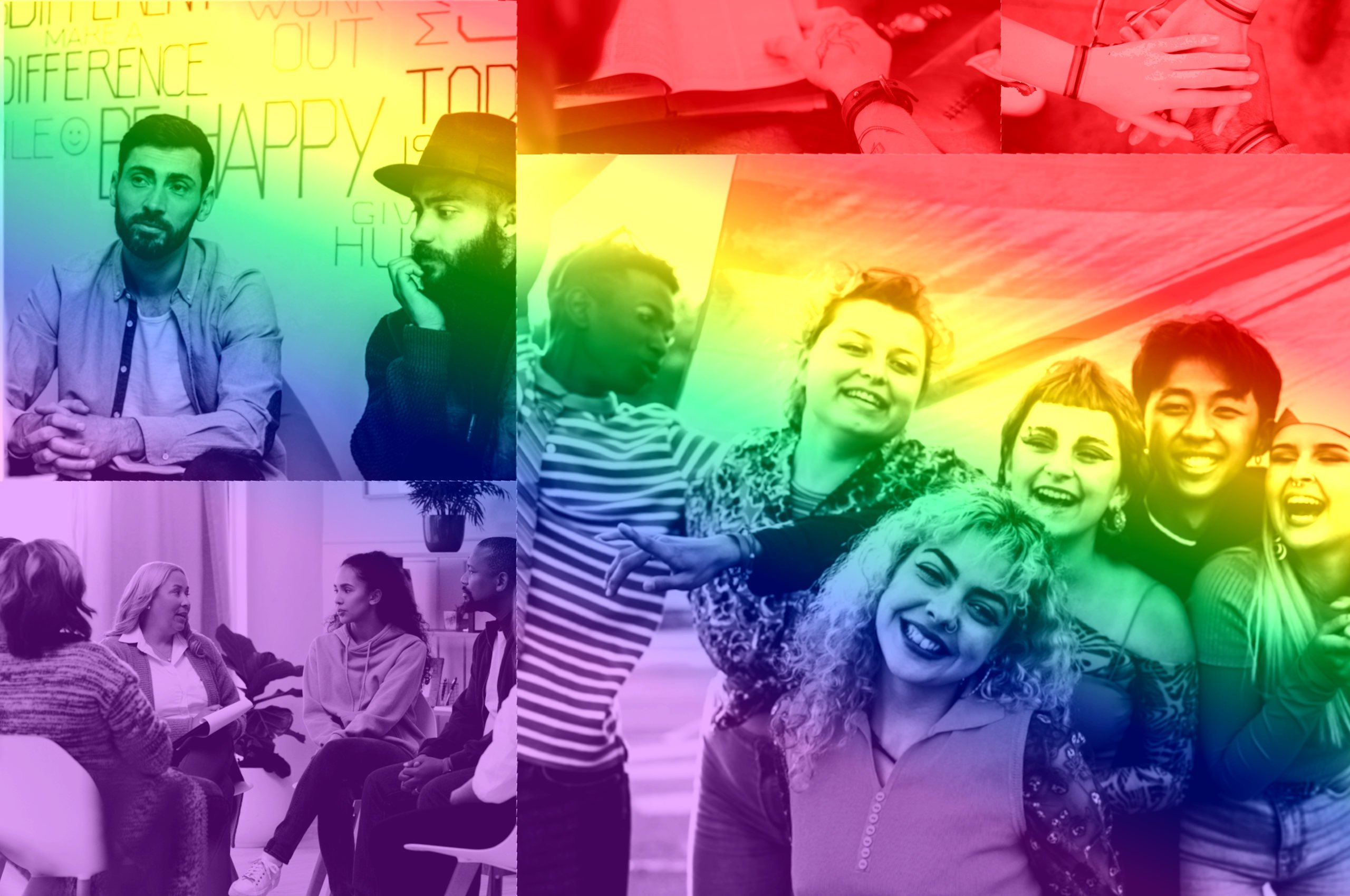
Are you LGBTQ+, and have accessed (or tried to access) mental health support or alcohol/drug support?
Help us make mental health and alcohol and other drug services more culturally safe and accesible for LGBTQ+ folks!

Strengthening LGBTQ+ community-controlled mental health and AOD services
2024-2028
What is Optimise+?
Optimise+ is a research project designed to build on the best parts of LGBTQ+ community-controlled mental health and AOD services across Australia, with the aim of further enhancing service options.
LGBTQ+ community-controlled organisations are crucial supports for community members, who can face significant barriers to accessing a range of health and wellbeing services.
Optimise+ brings together leading lesbian, gay, bisexual, trans, queer and other gender and sexuality minority (LGBTQ+) service providers and LGBTQ+ health and wellbeing researchers to help inform a patient-centred and sustainable model of care for LGBTQ+ people within existing health systems.
Funded for four years by the Medical Research Future Fund (2024-28), Optimise+ will explore how LGBTQ+ community-controlled mental health and alcohol and other drug (AOD) models work, how they can be further enhanced and how they might inform broader health systems seeking to be more LGBTQ+ inclusive.
Safe and affirming services and programs are urgently needed to address alarmingly high rates of mental ill-health, suicidality and alcohol or other drug (AOD) use among LGBTQ+ people in Australia.
A survey of more than 6,800 LGBTIQ people in Australia (1) found that:
Mental health
- More than 57% reported experiencing high or very high levels of psychological distress in the previous four weeks, four times higher than the general population
- About 76% of trans men, 66% of trans women and 75% of non-binary participants reported high or very high levels of psychological distress in the previous four weeks
- More than 5% reported having attempted suicide in the previous 12 months. This figure was much higher for trans men (13.7%) and trans women (10.9%)
- Nearly 75% reported having ever considered attempting suicide
- About 91% of trans men, 86% of trans women and 90% of non-binary participants reported having ever considered attempting suicide
- About 60% reported ever having been diagnosed with depression
- More than 47% reported ever having been diagnosed with anxiety
AOD use
- Almost 17% reported struggling to manage their use of alcohol or negative impacts associated with alcohol use at some point in the previous 12 months. Less than one in five of these participants had sought professional help for their alcohol use during the same time period
- Some 44% reported having used one or more drugs for non-medical purposes in the previous six months
- 14% reported struggling to manage their use of drugs or negative impacts associated with drug use in the previous six months. About one in five of these reported having sought professional help for their drug use in that time
Service access
- Of participants reporting high or very high levels of psychological distress, less than 60% had accessed mental health services
- Of those who had accessed mental health services for very high levels of psychological distress, 44% had accessed a mainstream service, 22% an LGBTIQ+-inclusive mainstream service and almost 5% an LGBTIQ-specific service
- More than 75% reported that they would be more likely to attend a health service that had been accredited as LGBTIQ-inclusive
- Only about 38% of participants who had accessed mainstream medical clinics in the previous 12 months felt that their sexual orientation or gender identity was “extremely” respected
LGBTQ+ community-controlled organisations
Despite this acute and concerning situation, many mainstream services do not consistently provide culturally safe mental health or AOD services or programs to this population, with discriminatory acts commonly reported alongside insufficient awareness of unique needs and circumstances. These present considerable barriers to engagement and support.
Many LGBTQ+ people turn to community-controlled organisations, which provide mental health and AOD services and programs controlled by and for LGBTQ+ communities nationwide. Community-controlled organisations have addressed significant service gaps that broader health services have been unable (or unwilling) to close.
The work of LGBTQ+ community-controlled organisations constitutes a unique model of care that can be optimised and harnessed to address an area of unmet need to better advance health outcomes for LGBTQ+ people.
- What LGBTQ+ community-controlled mental health and AOD services and programs are happening and where?
- How are they happening? In what format and with what distinguishing features?
- How are they perceived and experienced by consumers and providers, relative to other forms of health engagement?
- How do mental health and AOD interventions delivered by community-controlled organisations operate and achieve their outcomes for individuals and communities they serve?
- How are LGBTQ+ community-controlled services connected to the rest of the health system and how might their role be strengthened?
Key questions about how LGBTQ+ people access mental health and AOD services at community-controlled organisations underpin this project.
We aim to answer these questions through four workstreams, which will engage with LGBTQ+ community-controlled services across Australia in the following ways:
- Workstream One: An audit of LGBTQ+ community-controlled mental health and AOD services
- Workstream Two: An exploration of LGBTQ+ community-controlled settings
- Workstream Three: An evaluation of effectiveness of LGBTQ+ community-controlled services
- Workstream Four: A systems-level analysis of LGBTQ+ community-controlled organisations’ strengths and potential to inform change
- Ensuring those in need of intervention receive support from culturally (LGBTQ+) safe and acceptable services
- Strengthening referral pathways
- Enabling evidence-based targeting of health resources to meet pressing needs
- Enabling a better understanding of what mental health and AOD interventions work for whom and in what context, taking into consideration intersectionality
A comprehensive and accessible report will articulate an optimised model of care for LGBTQ+ people through LGBTQ+ community-controlled organisations.
The Optimise+ report will outline community member and service provider perspectives on how the model operates in practice and the ways in which it can effectively influence and strengthen the broader health system.
Further outputs and activities will be tailored to specific audiences, including:
- Mental health and AOD service or program policymakers, commissioners or funders
- LGBTQ+ community-controlled organisations
- Mainstream organisations delivering mental health and AOD services and programs
- LGBTQ+ community members
- Academic researchers
For more information about Optimise+, contact Dr Shane Worrell at s.worrell@latrobe.edu.au.
Adam Bourne
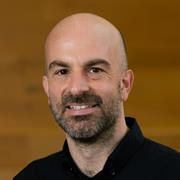
Dr Adam Bourne is Professor of Public Health and Director of the Australian Research Centre in Sex, Health and Society (ARCSHS) at La Trobe University. He leads a large program of research focussed on LGBTIQ+ health and wellbeing, particularly as it relates to alcohol and other drug use, mental health and intimate partner violence, as well as leading several large-scale national surveys of LGBTIQ+ population health. He is
Co-Chair of the Victorian Whole of Government Ministerial LGBTIQ+ Taskforce and member of the Commonwealth LGBTIQ+ Health and Wellbeing Action Plan Expert Advisory Group.
Yael Perry
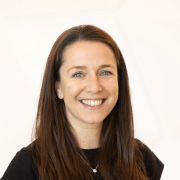
Associate Professor Yael Perry is Head of the Youth Mental Health team at The Kids Research Institute Australia and holds adjunct positions at the Centre for Child Health Research, University of Western Australia and Black Dog Institute, University of New South Wales. A/Prof Perry’s research focuses on the prevention of mental health difficulties in young people, with particular emphasis on marginalised populations (such as LGBTQA+ young people) and their families. She also has specialised expertise and interest in the use of digital technology to improve engagement, access and uptake of mental health interventions.
Graham Brown
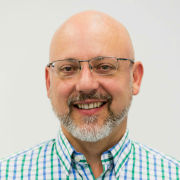
Professor Graham Brown has worked in HIV community-based organisations and in health promotion-related research for over 25 years and has a strong interest in translating research into practice, building evidence for effective community responses, and the role of NGOs, Community Development and peer-based programs. Graham’s current research has a focus on the application of systems thinking and complex adaptive systems to understanding and enhancing the role of community and peer-led programs in communities impacted by HIV and hepatitis C as well as LGBTQ+ communities (w3framework.org).
Ashleigh Lin
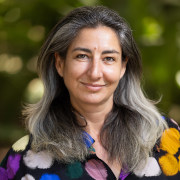
Ashleigh Lin (she/her) is a NHMRC Emerging Leadership Fellow and youth mental health researcher at the University of Western Australia. Ashleigh’s research is focused on the detection and prevention of mental ill health in young people, with a particular interest in the mental health of marginalised youth, including LGBTQIA+ and Aboriginal young people.
G.J. Melendez-Torres

Prof G.J. Melendez-Torres is a clinical and social epidemiologist and NIHR Senior Investigator at the University of Exeter. He leads the School for Public Health Environments Research at Exeter (SPHERE), which is the University’s membership in the NIHR School for Public Health Research. G.J.’s doctorate, which was in social epidemiology and medical sociology, focused on substance use and sexual risk behaviours in men who have sex with men, integrating advances in both systematic review methods and latent variable modelling.
Natalie Amos
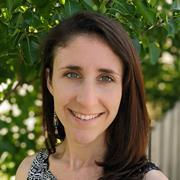
Dr Natalie Amos is a Research Fellow with the Australian Research Centre in Sex, Health and Society (ARCSHS), La Trobe University, specialising in LGBTIQA+ health and wellbeing. Natalie leads the knowledge translation of findings from Australia’s two largest surveys on the health and wellbeing of LGBTQA+ young people (Writing Themselves In 4) and adults (Private Lives 3). Dr Amos works with Rainbow Health Australia to assist in the evaluation of the How2 training program, which is designed to assist organisations to provide inclusive environments and services for LGBTIQA+ individuals. These projects are central to informing and shaping national health policies and practices.
Nicky Bath
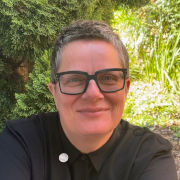
Nicky Bath is CEO of LGBTIQ+ Health Australia and is committed to advancing the health and human rights of marginalised communities through co-design and working in partnership. Nicky was previously the Associate Director, LGBTI Health Programming and Development at ACON, Manager of the Harm Reduction and Viral Hepatitis Branch at the NSW Ministry of Health and has held several senior positions in State and National drug user organisations including CEO of the NSW Users and AIDS Association.
Ruth McNair
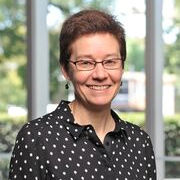
Dr Ruth McNair is an honorary Associate Professor in the Department of General Practice and Primary care, and a general practitioner in an inner urban clinic in Melbourne. She has clinical and research interests in lesbian and bisexual women’s mental health, sexual health, same-sex parenting, health care access, health care provider cultural competence training, and cultural issues related to alcohol and smoking, and homelessness in the LGBT communities. She is committed to advocating for systemic change to reduce the structural inequalities that damage LGBTIQA+ lives. Ruth became a Member of the Order of Australia in 2019 for significant service to medicine and as an advocate for the LGBTI community.
Shane Worrell
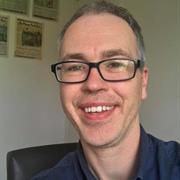
Dr Shane Worrell is a qualitative researcher at La Trobe's Australian Research Centre in Sex, Health and Society (ARCSHS). He is a sociologist who focuses on various aspects of LGBTQ+ health and wellbeing, including family, domestic and sexual violence; informal mental health support; and the role of LGBTIQ+ community-controlled organisations in delivering crucial services to community. Shane's research into LGBTQ+ family, domestic and sexual violence has focused on how users of violence access and engage with Men's Behaviour Change Programs; practitioners’ role in providing family violence service pathways for LGBTQ+ people; and family violence service adaption during COVID-19.
Penelope Strauss
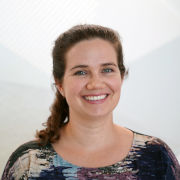
Penelope Strauss (she/her) is a Senior Research Fellow in Youth Suicide Prevention at The Kids Research Institute Australia and an adjunct research fellow at the University of Western Australia. Her current research aims to decrease rates of suicidality among LGBTQA+ young people in Australia and she has an overarching interest in equity issues. Recently she developed and launched suicide prevention guidelines for LGBTQA+ young people, targeted at clinical and community service providers – the first of their kind in Australia. She also led the Trans Pathways project, the seminal study conducted on the mental health of trans young people in Australia and the barriers experienced when accessing medical and mental health services.
Julie Mooney-Somers
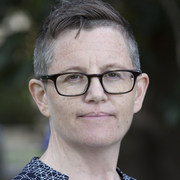
Julie Mooney-Somers is Associate Professor in Qualitative Research in Health at Sydney Health Ethics (School of Public Health, University of Sydney) and Adjunct Associate Professor at ARCSHS (La Trobe). She has a long track record in research on the health of sexuality and gender diverse people, and has been collaborating with ACON since 2009 to run SWASH, a periodic survey of lesbian, bisexual and queer women's health. Much of her current research focuses on smoking, vaping, alcohol and illicit drugs (such as QSOX). She is a committed educator and the Director of the Master of Public Health, University of Sydney.
Joel Anderson
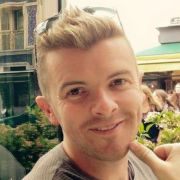
Dr Joel Anderson is a social psychologist whose primary interests revolve around LGBTQ+ health and well-being, and a focus on group processes and intergroup relations. A mixed-methods researchers, Joel is a DECRA Principal Research Fellow at the Australian Research Centre in Sexuality, Health, and Society situated at La Trobe University. His research interests primarily revolve around societal attitudes towards sexual and gender diverse people and how these impact wellbeing, and the ways in which these effects are exacerbated when internalised by LGBTQ+ people.
Jack Farrugia
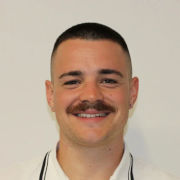
Dr Jack Farrugia’s expertise covers the complexities of Australian identity, and LGBTIQA+ health, particularly focusing on young people and intimate-partner violence within LGBTIQA+ populations. Jack has experience conducting multiple research projects of various methodologies. Recently, he completed the Safer Options research project, which aimed to enhance primary care responses for LGBTIQA+ West Australians experiencing intimate-partner violence. In addition to his research, Jack is experienced in community engagement and education, particularly promoting diversity, equity, and inclusion.
Led by the Australian Research Centre in Sex, Health and Society (ARCSHS) at La Trobe University, Optimise+ also includes researchers from The Kids Research Institute, University of Western Australia, University of Melbourne, University of Sydney and University of Exeter (UK).
Optimise+ also brings together 13 of Australia’s leading LGBTQ+ community-controlled health and wellbeing organisations to share experiences and challenges and to help shape better models of care both within in the community-controlled sector and more broadly.
Organisations involved include: ACON, A Gender Agenda, LGBTIQ+ Health Australia (LHA), Living Proud, Meridian, Minus18, Queensland Council for LGBTI Health, Switchboard Victoria, Thorne Harbour Health, TransFolk of WA, Trans Gender Victoria, Twenty10 and Working it Out.
Optimise+ is funded by the Medical Research Future Fund: MRF2032097
1. Hill et al. Private Lives 3: The health and wellbeing of LGBTIQ people in Australia. Melbourne: La Trobe University; 2020
Researchers
Adam Bourne, Yael Perry, Graham Brown, Ashleigh Lin, GJ Melendez-Torres, Natalie Amos, Nicky Bath, Ruth McNair, Mathew Coleman, Shane Worrell, Penelope Strauss, Julie Mooney-Somers, Joel Anderson, Jack Farrugia
